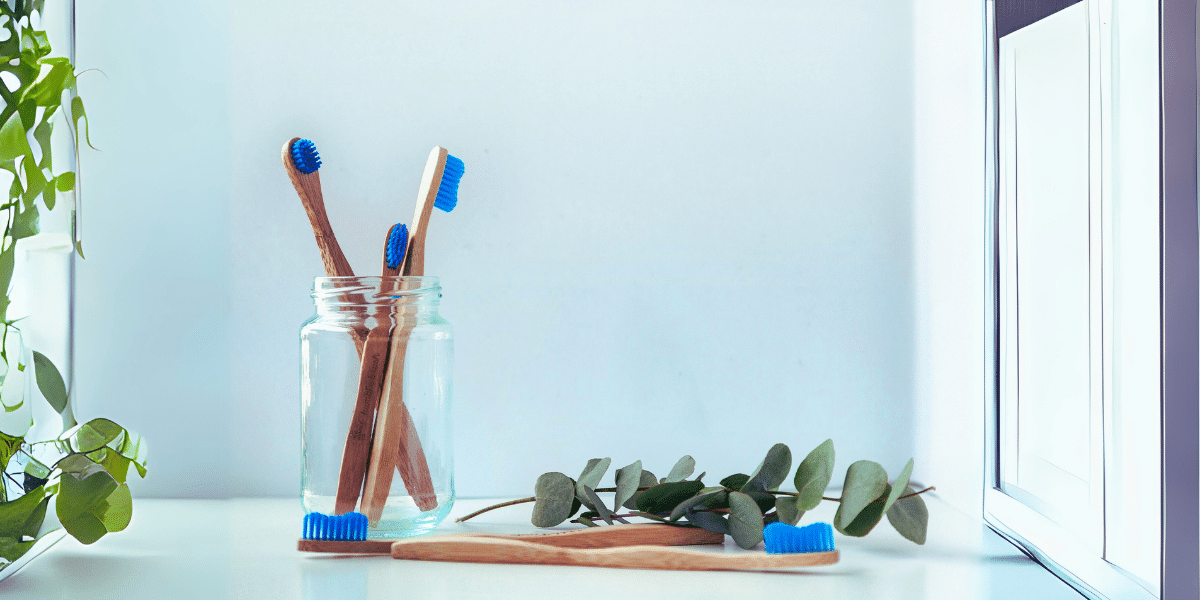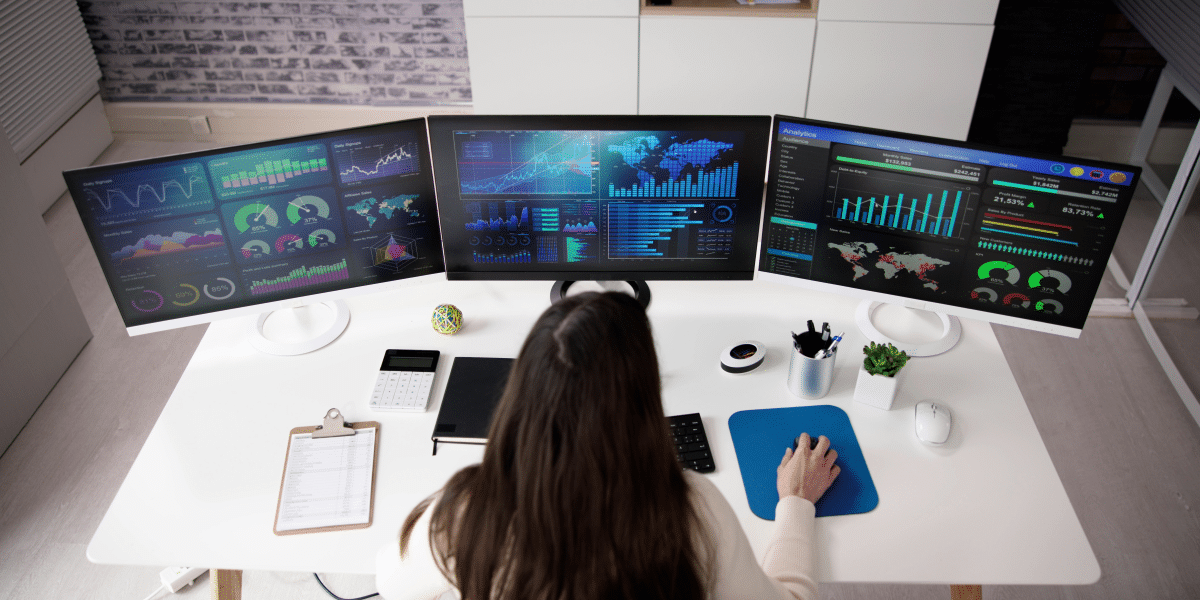Water is the single most important resource on our planet. We use water in all aspects of life from household tasks like cleaning and cleaning to daily tasks like drinking and bathing. With the amount of everyday uses water has, the average American can go through 82 gallons of it a day! There is a large amount of water being wasted on the singular level, and even more being wasted on the global scale. With only .5% of the earth’s water being drinkable, the management of water consumption should be a priority. So, just how much water is being used across the country, and how can we start conservation efforts?
Across the United States, 322 billion gallons of water are used every single day. Creating products takes millions of gallons of water, and with the amount of production that happens in the U.S, that amount adds up. To make an average car it requires 39,000 gallons! Even smaller products take up water consumption, with jeans requiring 1,800 gallons of water and the average shirt using 400 gallons. Even a jug of bottled water takes 1.85 gallons of water to produce meaning it takes more water to produce than it even holds!
The amount of water consumption has increased 6x in the past 100 years, and this is mainly due to the immense increase in technology use. Big tech uses enormous amounts of water, with Google requiring 15.79 billion liters of water, Microsoft requiring 3.5 billion liters, and Facebook requiring 3.7 billion. While these big tech companies require so much water consumption, technology has opened up new ways of water innovations. Recent work includes vapor condensation and water pollution abatement.
Big tech companies beginning water pollution abatement efforts have some very serious benefits to the country’s economy. Providing clean drinking water generates billions of dollars in revenue– $18.5 billion to be exact. This revenue comes from lower health costs from lower exposure to contaminated water, higher daily productivity, and fewer premature deaths. Exposure to contaminated water is more common than you may think, more than ⅕ of all Americans have been exposed to contaminated drinking water in the past ten years. Efforts to reduce water contamination can reduce this exposure and lead to increased health in Americans meaning higher levels of work and productivity which turns into increased economic revenue for the country.
Focusing more on water conservation and clean water can also have great benefits for the environment. Proper watershed management protects not only people, but plants and animals as well. Clean water ensures that the ecosystem of endangered species like coho salmon or the arroyo toad remains intact and safe for them to live. Reducing at home water consumption can save the lives of endangered land dwelling animals as well as such as the whooping crane and grizzly bears. Water conservation has benefits big and small from economic levels to protecting the lives of endangered species.
Reducing water consumption at home is the first step to water conservation. The easiest way to achieve this is by using at home water filtration systems. These systems ensure that the water we are drinking is clean, and cuts down on the amount of daily water waste. Filters can range in size to ensure they can meet every individual consumer’s needs. Learn more about at home water filtration systems in the infographic below:








